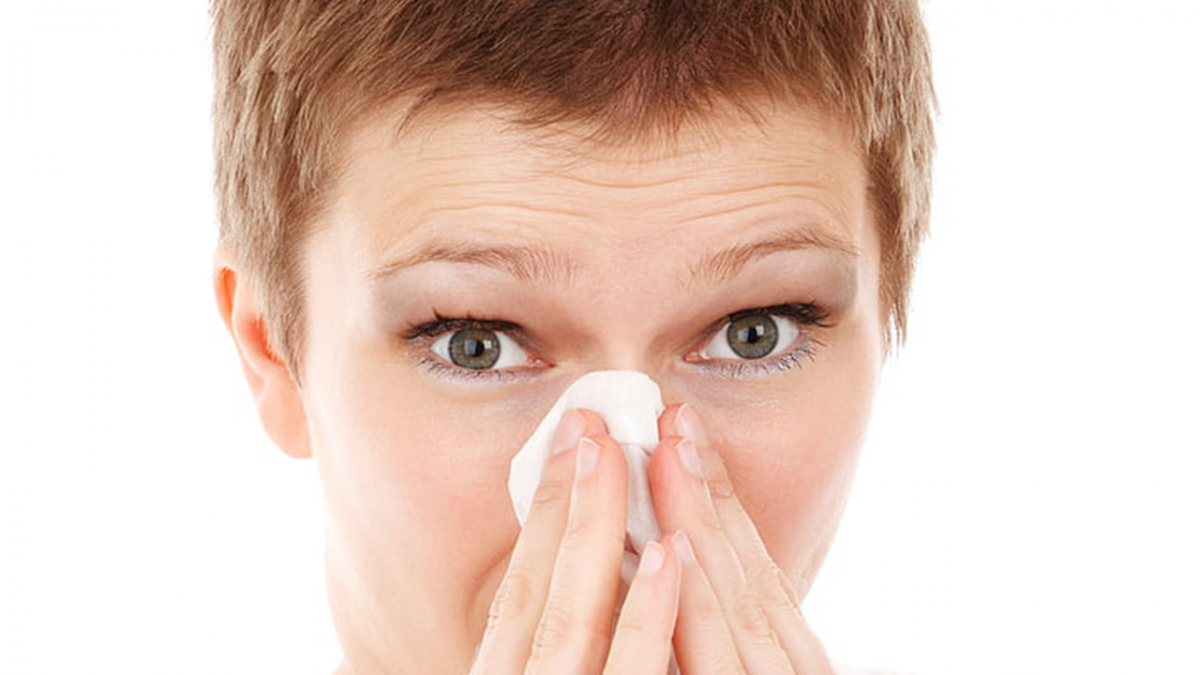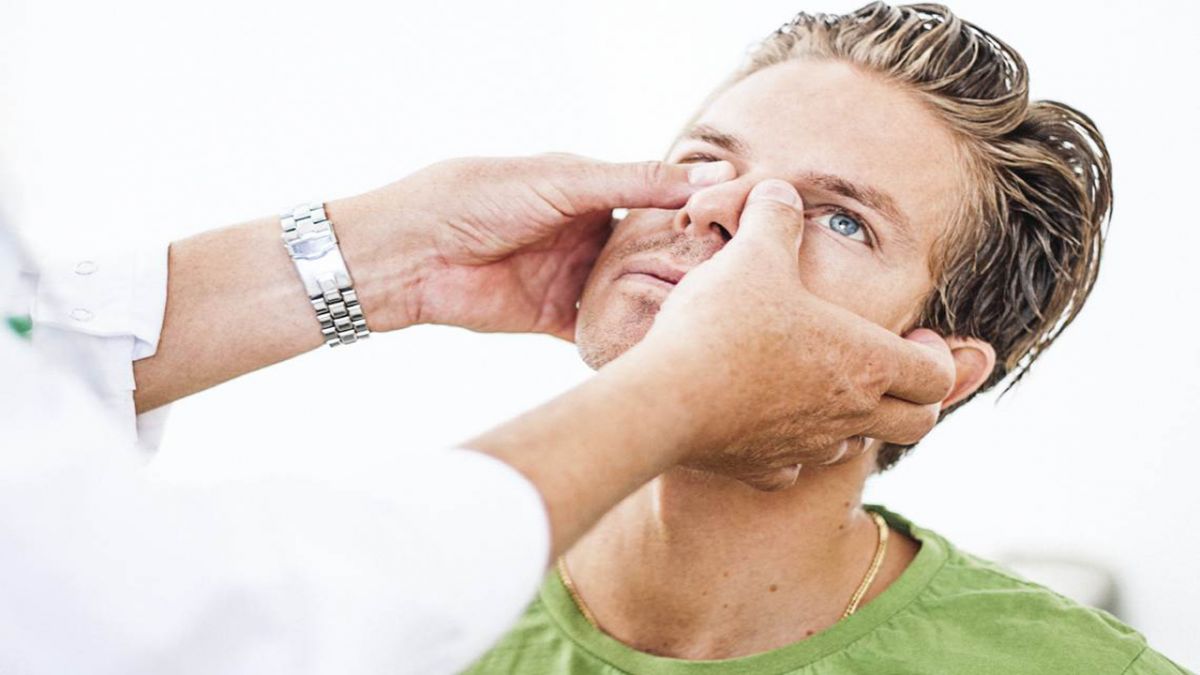Advertisement
The primary causes of acute sinusitis are multifaceted, with a weakened immune system being one of the main factors. Both bacterial and viral infections can trigger acute sinusitis, and in some cases, fungal organisms, which normally reside in the respiratory tract, may proliferate excessively when the immune system is compromised, leading to fungal sinusitis. Allergic reactions are another potential trigger, as allergies can impair sinus drainage, increasing the risk of acute inflammation, especially in individuals suffering from allergic rhinitis.

In addition to infections and allergies, structural abnormalities in the nasal cavity can also contribute to the development of acute sinusitis. Conditions such as a deviated nasal septum or enlarged turbinates can hinder normal airflow and drainage, making the sinuses more susceptible to infection. Another specific cause is dental-related sinusitis, where an infection in the tooth root can spread to the sinuses due to anatomical connections or even protrusion of the tooth root into the sinus cavity. This type of sinusitis is often more severe, characterized by intense headaches and a foul odor in the nasal passages.
Overall, acute sinusitis typically results from a combination of factors. When the immune system is weakened, and the individual is exposed to external allergens or infectious microorganisms, such as bacteria or viruses, especially during flu season when the air is filled with influenza viruses, the likelihood of developing acute sinusitis increases. Excessive fatigue and poor lifestyle choices also heighten susceptibility to infections.

As for prevention, the approach to avoiding acute sinusitis is similar to that of other common illnesses, focusing on strengthening the immune system. Wearing a mask in environments where flu or other respiratory illnesses are prevalent can significantly reduce the risk of infection. Additionally, certain activities, such as deep diving, can introduce contaminated water into the nasal cavity or even the sinuses, leading to infections. It is essential to take professional precautions when engaging in such activities to avoid unnecessary infection risks.
Advertisement




